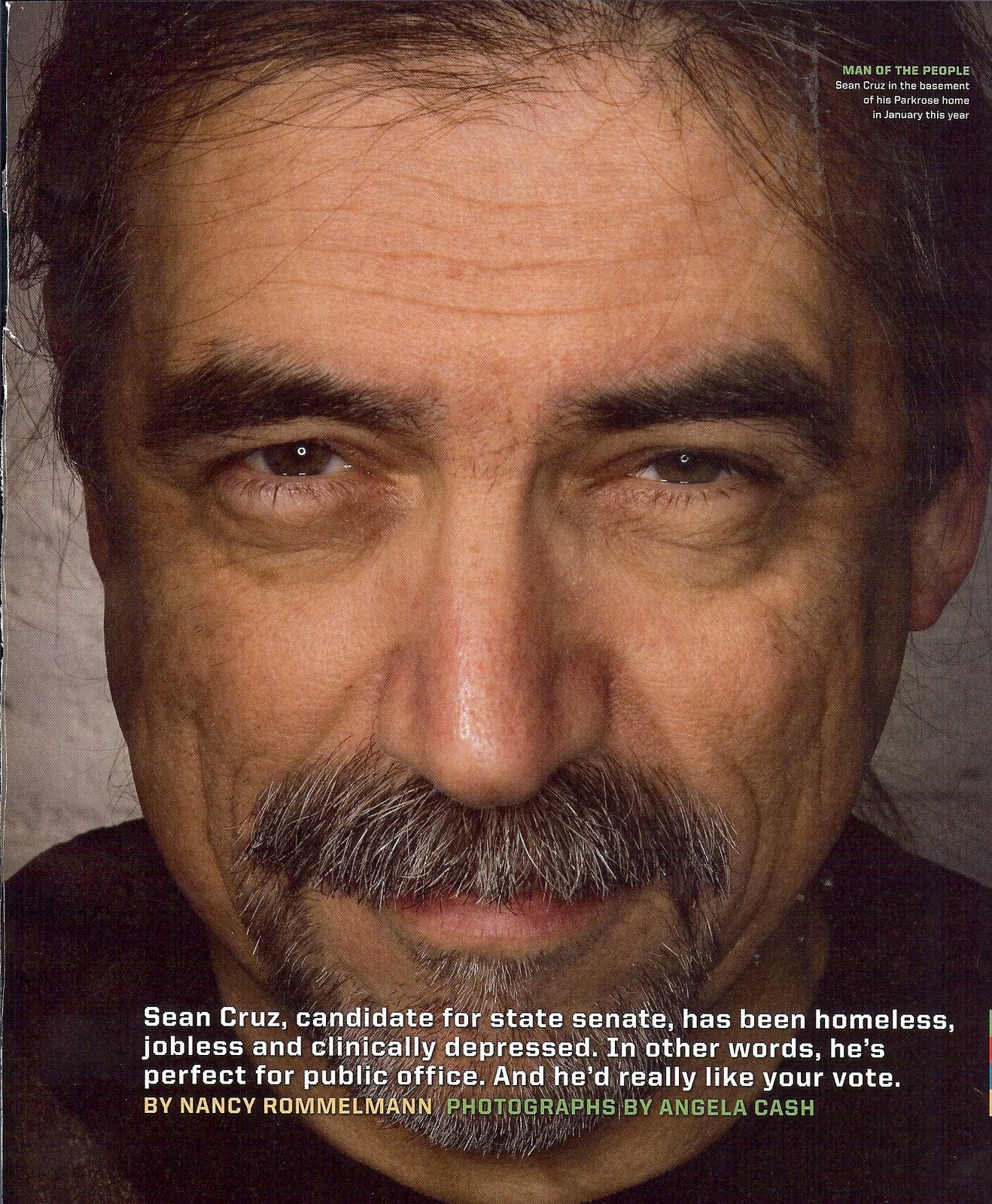Representative Larry Galizio (D-Tigard) carried Senate Bill 116 to a 54-0 unanimous vote in the Oregon House of Representatives yesterday, bringing sweeping regulation to the towing industry for the first time in state history.
SB 116 now goes to Governor Ted Kulongoski for signature into law, having earlier passed the Senate on a 30-0 unanimous vote.
The votes indicate the depth of dissatisfaction the public—and the towing industry itself—has with the predatory practices of certain towing companies.
SB 116 even has the support of representatives of the towing industry, many of whom have understandably resented being tarred with the same brush as the predatory towers in the public eye.
Currently, towing companies are unregulated by the state, and the authority of local governments over towing companies is usually limited to a preference list for the use of police departments.
The Department of Justice states that each year they receive numerous complaints about towing companies and their business practices—as do local governments and law enforcement—but have lacked the authority to do anything about it.
Senate Bill 116 addresses a broad range of issues:
1. Clarifies and places into statute the authority the State and local governments have to regulate towing, including involuntary towing and the prices that towers can charge.
2. Authorizes the Attorney General to make and enforce rules.
3. Provides that violations are unlawful trade practices allowing both Attorney General enforcement and the private right of action.
4. Requires compliance with rules, including proof of insurance, to qualify for a Department of Transportation towing business certificate.
5. Prohibits a tower from requiring a vehicle owner to agree not to dispute the reason for the tow, the validity of charges, or the condition of vehicle or personal property in the vehicle in order to regain the vehicle from the tower.
6. Requires tow truck drivers to provide printed rate sheets to vehicle owners and prohibits charging more than the price disclosed.
7. Prohibits soliciting towing within 1,000 feet of an accident unless pursuant to a pre-negotiated payment agreement between the tower and a motor vehicle road service company.
8. Prohibits a tower from parking within 1,000 feet of a property for purposes of monitoring facility for towing business unless signs are posted at each entrance.
9. Prohibits a tower from paying the owner of parking facility for the privilege of towing.
10. Requires acceptance of cash as payment only if exact change is given to the vehicle owner by the following day (some drivers have refused to give change).
Senate Bill 116 also requires notice if the owner of parking facility hires a tower, prohibits towing without the required notice, and specifies certain hours of redemption.
COMING SOON:
Senate Bill 431, addressing predatory patrol towing practices, will be on the House floor in the coming week, completing the Legislature’s work on towing in this landmark 2007 session.
Patrol towing is illegal in many other states, including California and Washington.
Predatory patrol towing practices arise as a consequence of arrangements some property owners make with certain towing companies.
These property owners allow the towers to make on-the-spot judgment calls and charge the vehicle owners whatever they want to charge.
The tow truck drivers making the judgement calls are paid on commission. The trucks they drive are designed to grab a vehicle and be gone in seconds, before the vehicle owner returns. Is that a recipe for towjacking or what?
Once in control of the vehicle, the tow company controls it all the way to the auction yard, including the amount of ransom demanded at every stage, with the clock ticking in their favor.
When they are not snagging vehicles and running, these drivers are patrolling around, burning up fuel.
That is all going to change, with SB 116 and SB 431 about to make their way to your neighborhood soon. More on this later, to be sure.
Subscribe to:
Post Comments (Atom)






No comments:
Post a Comment